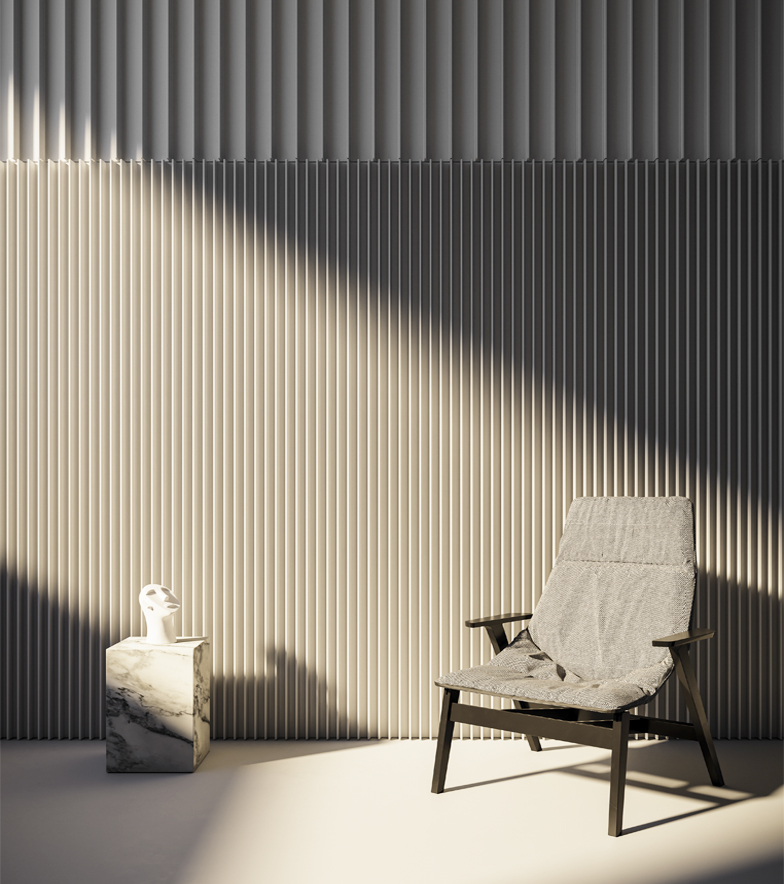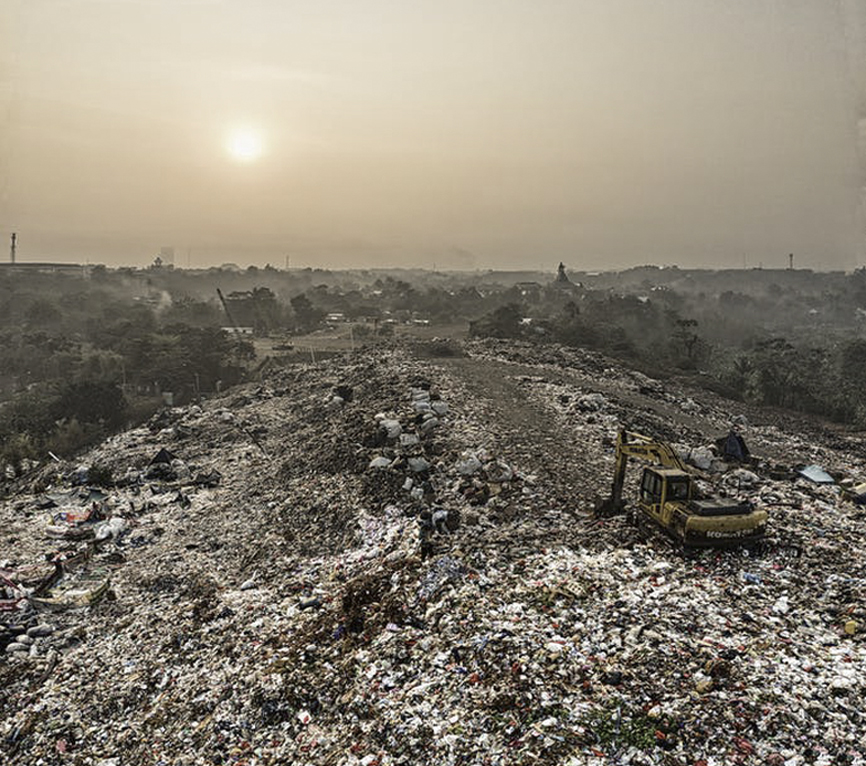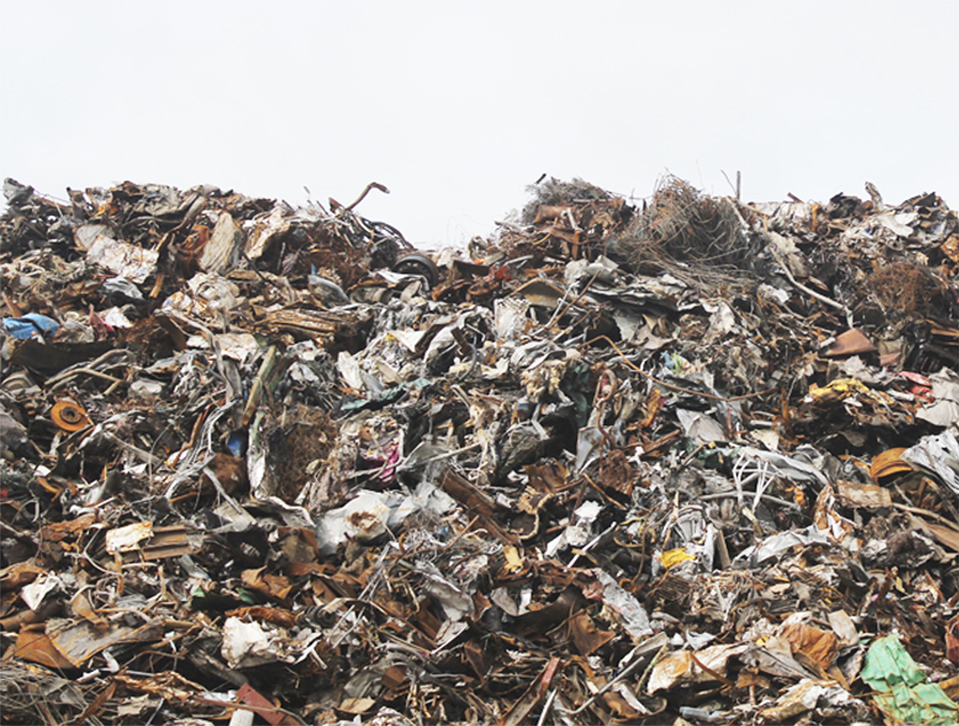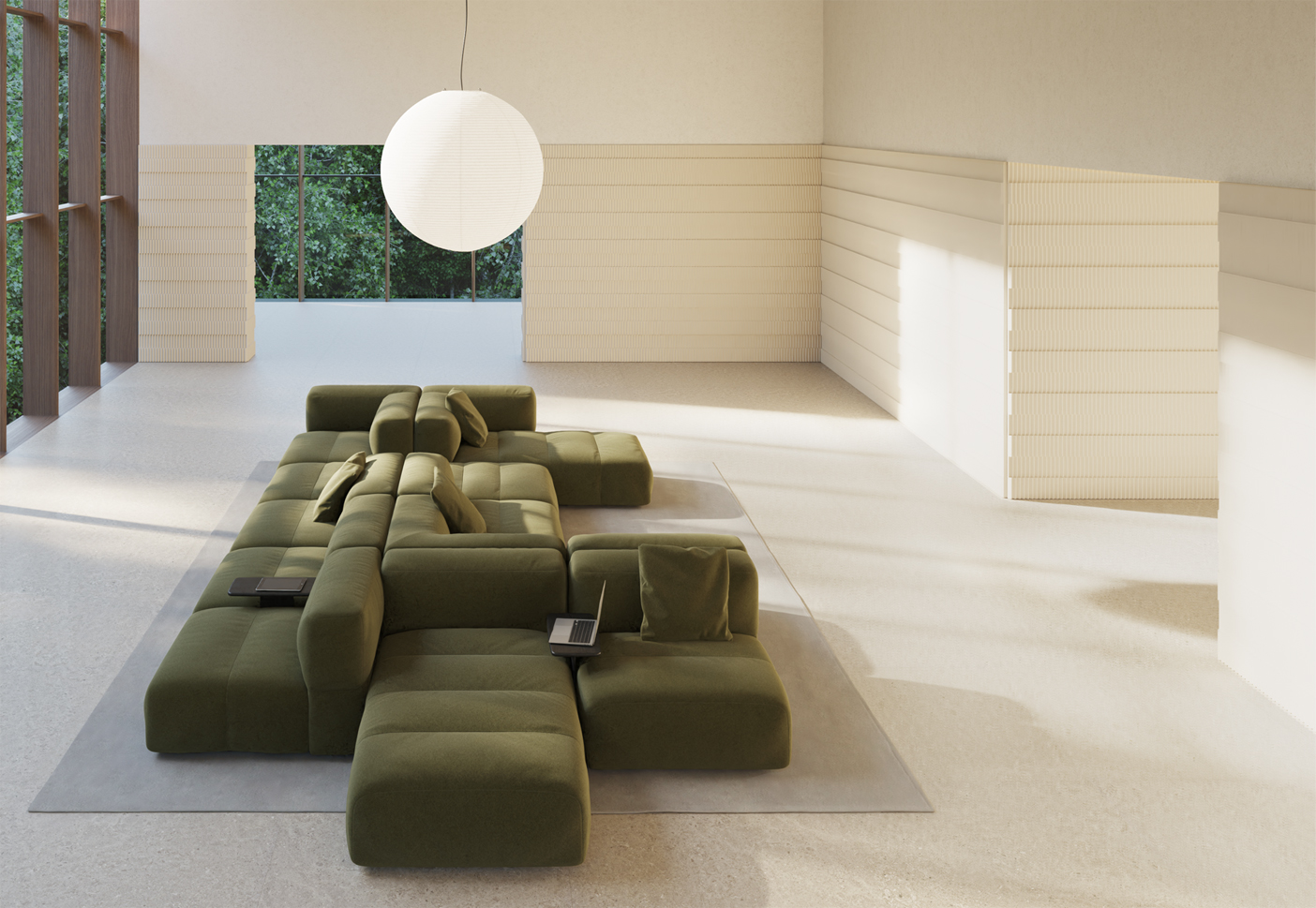
Archipanels is designed to withstand the impact of time, with a focus on quality. Social responsibility and sustainable design play an essential role in our processes.
The productive capacity and our technical know-how allow continuous innovation in our production, in the use of the latest generation machinery and in the adoption of demanding quality control and management systems. Sustainability is a commitment that the company pursues in all phases of the production cycle.
DESIGNED AND MANUFACTURED TO LAST
Archipanels works in collaboration with the most renowned international designers with the ambition to create high quality panels, focusing on timeless appeal and a "built to last" mentality, which is why sustainability is part of our day to day, directs our take decisions, our processes, our designs and our work ethic. We understand that we have a responsibility to limit the impact of our panels and a duty to work for a more sustainable future. We are fully aware of the impact our industry has on local and global communities. We strive to further reduce our ecological footprint, and are committed to creating durable, sustainable, and ethically sourced panels that will provide differentiation for many years to come.
MATERIALS THAT MATTER
We allocate large resources to support a circular use of materials.
All materials are free of CFC's, HCFC's and HFC's.
There are two manufacturing options for polyurethane: gas-based or water-based. To date and worldwide, the most widely used form has been gas-based, which uses fluorinated gases, especially Hydrofluorocarbons (HFCs). Different studies have shown that these types of gases are detrimental to the ozone layer and to global warming. The alternative is the manufacture of water-based polyurethane, which we work with at Archipanels, which is respectful of the environment, does not affect the ozone layer or global warming.
How?
PU foam waste can be ground up and reprocessed into other panels, there is even the option of creating chemical recycling. The term chemical recycling describes the conversion of polyurethanes to produce polyols for second life applications. Three technologies have been developed: hydrolysis, aminolysis and glycolysis.
The main raw material of our panels is polyurethane, and in order to optimize the impact on the carbon footprint, it contains sustainable polyurethane-based composite with shredded waste from waste plastic bottles (PET).
Believers that the planet must be cared for for future generations, we have a firm commitment to increasing the percentage of recycled material year after year.
AFFORDABLE AND NON-POLLUTING ENERGY
The building and interior design sector must contribute to the more efficient use of energy, with the construction of Almost Null Energy Buildings (EECN), our panels help to optimize energy consumption between 50% and 80%.
Our polyurethane is an effective highly efficient thermal insulator, also providing acoustic insulation.

Our raw material prevents the proliferation of molds, fungi that are harmful to health and stays..
ARCHIPANELS POLYURETHANE IS COMPLETELY NON-POXIC, AND DOES NOT RELEASE GASES OR PARTICLES. CONTRIBUTING TO SANITIZING ROOMS, RESPECTING THE ENVIRONMENT AND PEOPLE'S HEALTH, THUS GENERATING HEALTHIER SPACES.


THE PROCESS
Our journey towards sustainable design is an ongoing process, and by working with like-minded designers and architects, we ensure our processes keep moving forward to minimize the environmental impact of our collection.
